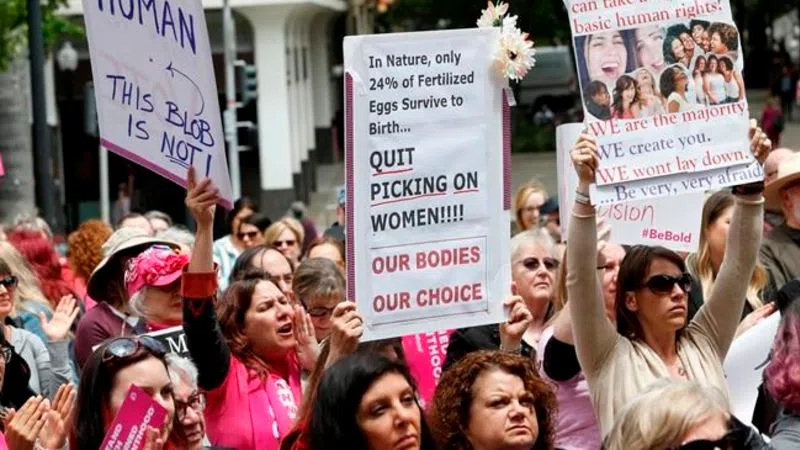
California to require abortion medication at public colleges
SACRAMENTO, Calif. — California will be the first state to require abortion medication on college campuses under a law signed Friday by Democratic Gov. Gavin Newsom.
The law takes effect in 2023 and only applies to the 34 campuses in the University of California and California State University systems. But the law will only be implemented if a state commission can raise more than $10 million in private donations to pay for it.
Former California Gov. Jerry Brown vetoed a similar bill last year, arguing it was not necessary because abortion services were readily available off campus.
But Newsom, who took office in January, said the law is needed “as other states and the federal government go backward, restricting reproductive freedom.”


